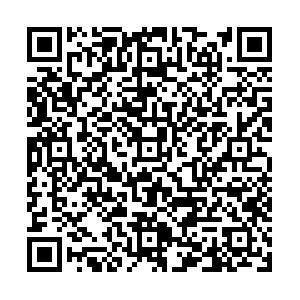Abstract:
Objective To explore the nursing effect of individualized nursing model of responsibility in hemodialysis patients and its effect on patient self-efficacy and blood glucose level.
Methods A total of 94 hemodialysis patients admitted from March 2016 to February 2018 were enrolled. The random number table was divided into control group (
n=47) and observation group (
n=47). The control group received routine care, and the observation group used the responsibility individualized nursing mode to evaluate the patient's effect after 15 days of nursing. The chronic disease self-efficacy energy table (CDSES) was used to evaluate emotional control, reasonable rest, pain and discomfort, self-care, compliance with medical drug management and self-efficacy of health problems before and after 15 days of care. The levels of urea nitrogen (BUN), fasting blood glucose (FBG), glycosylated hemoglobin (HbA1c) and serum creatinine (Scr) were measured before and after 15 days of treatment. The quality of life of the two groups was assessed by quality of life scale (QOL). The effects of the two groups of nursing and their effects on self-efficacy and blood vessel levels were compared.
Results The control of emotional control, reasonable rest, pain and discomfort, self-care, compliance with medical drug management and health problems scores in the observation group were higher than those in the control group (all
P<0.05). In the observation group, BUN, FBG, the levels of HbA1c and Scr were lower than those in the control group (all
P<0.05). The scores of cognition, role, physical, emotional and social angles in the observation group were higher than those in the control group (all
P<0.05).
Conclusion The use of responsible individualized nursing mode in hemodialysis patients can improve patients' self-efficacy, improve patients' blood glucose levels, and contribute to the improvement of patients' quality of life. It is worthy of popularization and application.

 点击查看大图
点击查看大图



 下载:
下载:
